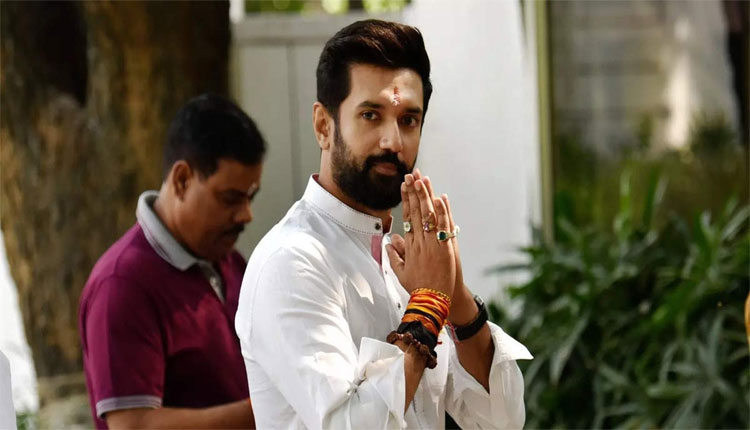New Delhi: Lok Janshakti Party (Ram Vilas) president and Union Minister Chirag Paswan has voiced his strong opposition to the recent lateral entry scheme introduced by the Union Public Service Commission (UPSC). On Monday, Paswan termed the policy “completely wrong” and announced his intention to raise the matter with the central government.
The UPSC had, on 17 August, issued an advertisement inviting applications for lateral recruitment to 45 positions, including Joint Secretary, Director, and Deputy Secretary in 24 central ministries. The move has drawn criticism from Paswan, making him the first ally within the National Democratic Alliance (NDA) to publicly oppose the scheme.
Clarifying his party’s position, Paswan stated that the Lok Janshakti Party (Ram Vilas) is “absolutely not in favour” of such appointments. He expressed concern over the manner in which the issue has surfaced, particularly since his party is part of the government and has a platform to address such matters.
“My party’s stand on such appointments is very clear. Wherever government appointments are made, the provisions of reservation should be followed. Speaking on behalf of our party, we are not in favour of it at all. This is completely wrong, and I will take up the matter with the government,” Paswan said, reaffirming his party’s stance against bypassing established procedures and reservations in government recruitment.
Paswan’s criticism aligns with the ongoing debate over the lateral entry scheme, which has also faced backlash from the opposition. Congress leader Rahul Gandhi continued his attack on the issue, describing it as an assault on the rights of Dalits, OBCs, and tribals. “BJP’s distorted version of Ram Rajya attempts to destroy the Constitution and take away reservation from Bahujans,” Gandhi said in a statement.
Government sources have defended the lateral entry scheme, pointing out that the concept was first introduced during the Congress-led UPA government and was endorsed by the Second Administrative Reforms Commission in 2005. They further argued that employing external talent at the highest levels of administration has historically been part of government practice, primarily in advisory roles but occasionally in key decision-making positions.
The debate over lateral entry appointments is likely to intensify as political parties weigh in on the implications of the policy, particularly regarding reservations and merit-based recruitment within the Indian bureaucracy.



Comments are closed.